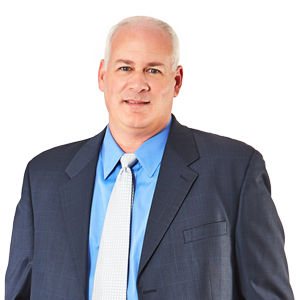The US Supreme Court’s long-awaited decision in the SAS Institute v. Iancu has been the talk of inter partes review practitioners. Two of those practitioners, Womble Bond Dickinson attorneys Kean DeCarlo and Scott Sudderth, offered their comments on the decision to IP Watchdog.
DeCarlo and Sudderth tell IP Watchdog: “The Supreme Court’s affirmation of a regime of post-patenting inter partes review that resolves challenges to all patent claims raised in the petition upon initiation of an inter partes review provides the petitioner the ability to have patentability determinations as to a particular patent adjudicated efficiently in a single proceeding before the Board or in court. By eliminating the Director’s previously allowed use of a partial-decision regime, this holding further empowers the estoppel provisions of the Patent Act, which acts to prevent petitioners from raising in a subsequent challenge the same patent issues that could have been raised in a prior challenge. Bottom line – this is primarily a pro petitioner ruling that will increase both the leverage of petitioners in inter partes review proceedings and the patent holder’s expenses resulting from the requirement to defend all the asserted patent claims.”
Click here to read “SAS: When the Patent Office institutes IPR it must decide patentability of all challenged claims” at IP Watchdog.
Read DeCarlo's latest article here.
Kean DeCarlo brings his 20+ years of experience in the mechanical, software, database solution and medical technology sectors to his IP and patent clients. DeCarlo focuses his practice on international and domestic patent, trademark and copyright prosecution, as well as IP strategy, licensing and portfolio management. He has been repeatedly included in the IAM Patent 1000 as one of the world’s leading patent practitioners.
Scott Sudderth has exclusively practiced patent, trademark and copyright law in Atlanta for nearly 30 years, concentrating on complex mechanical and electro-mechanical patent preparation and prosecution matters, trademark strategies and prosecution, client counseling and IP licensing in the US and internationally. He has significant experience representing clients’ interests in intellectual property litigation matters, both in US federal courts and in USPTO administrative proceedings, including inter partes reviews, reexaminations and oppositions.




